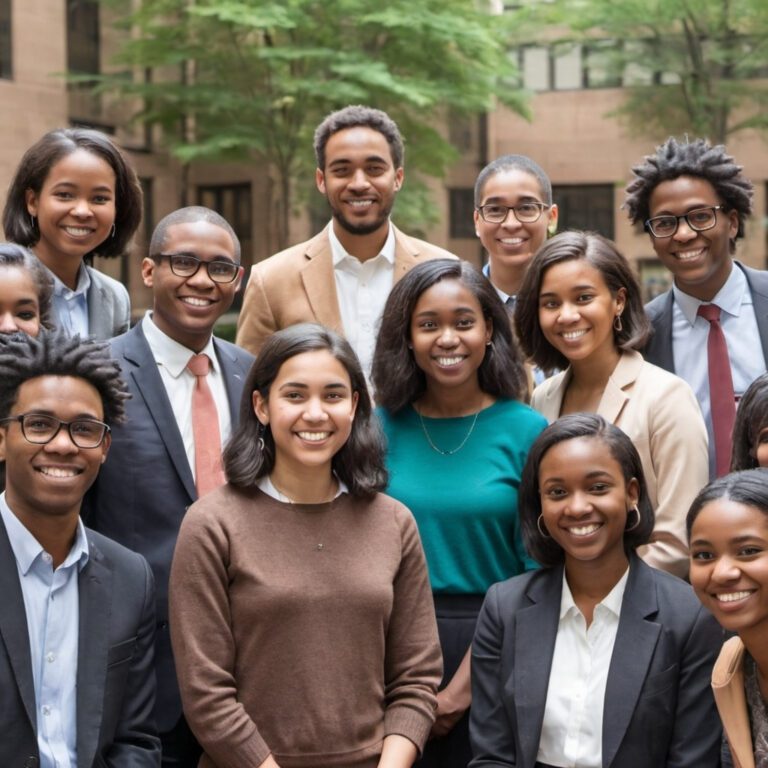Marie Skłodowska-Curie Actions (MSCA): Advancing Research And Innovation In Europe
The Marie Skłodowska-Curie Actions (MSCA) is a flagship program of the European Union, aimed at supporting research and innovation across Europe and beyond. Named after the renowned physicist and chemist Marie Skłodowska-Curie, the MSCA funds researchers at all stages of their careers, encouraging cross-border and cross-sector mobility. This initiative plays a crucial role in developing research talent, enhancing skills, and fostering international collaboration.
Objectives and Impact
The primary objective of the MSCA is to ensure excellent and innovative research by attracting and retaining the best talents. It aims to enhance researchers’ career development and foster a strong European Research Area (ERA). The MSCA supports a wide range of activities, including doctoral programs, postdoctoral research, staff exchanges, and initiatives to bring research results closer to the market.
By providing grants to researchers and institutions, the MSCA helps in:
- Promoting international and intersectoral collaboration.
- Developing transferable skills that benefit researchers’ careers.
- Bridging the gap between academia and industry.
- Encouraging the dissemination and exploitation of research results.
The impact of the MSCA is profound, with thousands of researchers benefiting from its programs, leading to advancements in various scientific fields and innovations that address global challenges.
Key Actions
The MSCA is structured around several key actions:
1.Innovative Training Networks (ITN): These are collaborative research training programs implemented by European partnerships. They provide early-stage researchers with opportunities to enhance their skills through innovative doctoral training.
2. Individual Fellowships (IF): These support experienced researchers undertaking mobility between countries, often involving sectors beyond academia. They help in career development and skills acquisition through advanced training and international collaboration.
3. Research and Innovation Staff Exchange (RISE): RISE promotes international and intersectoral collaboration through staff exchanges. It helps research staff acquire new knowledge and skills, fostering dynamic partnerships.
4. Co-funding of regional, national, and international programs (COFUND): COFUND supports new or existing programs for training and career development, adding to the global mobility of researchers.
5. European Researchers’ Night (NIGHT): NIGHT aims to enhance the public’s understanding of science and promote research careers. It involves a series of events held across Europe to showcase the diversity of scientific research.
Success Stories
The MSCA has been instrumental in many success stories, demonstrating its impact on individual careers and scientific advancements. For instance, researchers funded by MSCA have made significant strides in areas like cancer research, climate change, and renewable energy. The program’s emphasis on mobility has enabled researchers to work in cutting-edge laboratories worldwide, fostering collaborations that have led to groundbreaking discoveries.
In conclusion, the Marie Skłodowska-Curie Actions are a cornerstone of the European Union’s strategy to boost research and innovation. By supporting researchers at all stages of their careers and promoting international collaboration, the MSCA contributes significantly to scientific progress and societal development.







